Word Count: 1,080
Average Read Time: 3 minutes 56 Seconds
There's a decades long raging debate about fat loss. There is one camp of people that say the only thing that matters is calories in versus calories out.
And there's another camp of people on the polar opposite end of the spectrum that say calories in calories out doesn't work. It's not about the calories, it's where the calories come from that matters.
This polar opposite debate has spawned countless approaches to weight loss that can vary wildly, which creates a lot of confusion and misinformation when it comes to fat loss. Let's clear things up a bit.
Most Important Factor for Weight Change
The 1st and most important, irrefutable law of weight loss and weight gain is calories absolutely do matter.
A calorie is simply a unit of measurement for energy. The amount of energy that you take in minus the energy that you burn is the amount of energy that you store in your body.
If you take in more energy than you burn, you will gain weight. Period. It does not matter where these calories come from. You will gain weight.
If you take in less energy than you burn overtime, you will lose weight. Period. It does not matter where these calories come from.
BUT
while calories in versus calories out is the number one most important factor, that does not mean other factors are unimportant. Where those calories come from can actually affect how many calories you are truly taking in and how many calories you're burning.
Thermic Effect of Food (TEF)
One factor is what's known as the thermic effect of food. Our bodies are not perfectly efficient systems. When we take food in, we have to digest that food and the act of digestion actually burns calories itself.
The thermic effect of food describes how hard our bodies have to work to digest certain foods and how many Calories we burn in the process of digesting specific foods.
Fat is the easiest for our bodies to absorb. If you eat 100 calories worth of fat, it only takes the body about two or three calories worth of energy to digest and absorb that fat.
Carbs take a little bit more energy to digest. If you consume 100 calories of carbs, it takes your body about 6 to 8 calories worth of energy to digest that amount of carbohydrate.
Protein is the most expensive of the three main nutrients to digest and absorb. For every 100 calories of protein that you consume, it takes the body about 25 to 30 calories worth of energy to digest and absorb that protein.
Do you want to shred fat for FREE?
Become an insider and learn my simple 3-step process for creating a meal plan that will help you finally get the body you've always wanted. Simply enter your email below and the eBook will be sent to your inbox!
Calorie Intake Vs Calorie Absorption
Another factor that plays a role in how many calories you consume versus how many calories your body actually absorbs is eating whole foods versus highly processed foods.
Our bodies digest highly processed foods much more easily than whole foods, so they don't have to work as hard to get all of the nutrients out of those processed foods.
If you're eating a diet full of processed foods, you'll actually be absorbing more of those calories versus if your diet is very high in whole and minimally processed foods.
Eating Out
Eating at restaurants a lot can also play a role. This doesn't necessarily change how many calories you actually consume. However, it does change how many calories you perceive that you consume.
The amount of calories that are in a food that comes from a restaurant can be underreported by up to 18%. If you're eating at restaurants often, you may simply be eating more calories than you're accounting for.
Nutrient Partitioning
There's also nutrient partitioning. What does our body actually do with the calories we consume based on where they come from?
Our bodies use specific nutrients to accomplish specific tasks in the body.
For example, fats are responsible for transporting fat soluble vitamins A, D, E, and K, they play a role in hormonal health, they help support healthy cell function, and various other tasks.
Carbs are where we get most of our energy from. More specifically, when we eat carbs, our bodies break those carbs down into their simplest form of glucose. Glucose is what the vast majority of our body's tissues prefer to use as their energy source.
(As a side note, this is why, if you are a healthy adult, there's no reason to avoid carbohydrates.)
Protein provides building blocks of the body. Our bodies use amino acids from protein to repair damaged tissues and to build new tissue. (This is one of the many reasons why it's important to have plenty of protein in your diet.)
Our bodies really want to use protein to build muscle and other important tissues. It's very difficult for our bodies to store protein as fat.
Nutrient Partitioning and Exercise
We can actually double down on this nutrient partitioning effect by changing what we ask our bodies to do with the nutrients that we're taking in.
For example, if you're lifting weights, you'll burn through the carbohydrate stores in your muscles. Your body will have to replenish those stores, ensuring that more of the carbs that you're eating are being stored in your muscles rather than being converted into fat to be stored as body fat.
Additionally, when we're lifting weights, we're actually creating micro trauma and damaging the muscle cells. Our bodies then need to use the protein that we're taking in to repair those damaged muscle cells and to build new muscle cells to prepare itself for the eventual next weightlifting session.
Not only does this affect your calorie input and what your body does with the calories, over time, lifting weights beings to affect your calorie output as well. Muscles are an active tissue, meaning that they require calories to move around.
The more muscle you have, the more energy is required to move your body around.
Think about it this way. Compare a small, hybrid vehicle to a large muscle car. The muscle car has a much larger engine and therefore consumes a lot more fuel to move the same amount of distance as the small hybrid.
Calories in versus calories out is still the number one most important factor for weight loss vs weight gain vs weight maintenance. But as you can see, there are many different variables that can affect both the calorie intake side of the equation as well as the calorie expenditure side of the equation.
There are many more factors that influence Calories in and Calories out other than the ones I mentioned but these are the ones we have control over.
Thank you so much for reading! If you found this information helpful and want to help the Treadaway Training blogcast grow, simply share this post with a friend. If you like what I have to say, join the Skinny-to-Jacked Society Facebook group or check out my YouTube channel. I will be back here Saturday with another body transformation topic. As always, God bless you AND your family and I'll see you Saturday.








